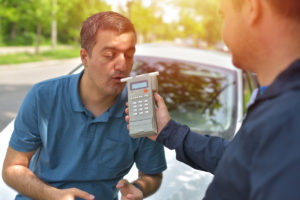 If you are convicted of driving while intoxicated due to marijuana, you will face significant fines, loss of driving privileges, and possible jail time.
If you are convicted of driving while intoxicated due to marijuana, you will face significant fines, loss of driving privileges, and possible jail time.
How You Might Be Prosecuted for Driving High in the Future
New Jersey may implement new methods or devices to detect marijuana intoxication. Currently, it is illegal to driving drunk in the Garden State, and most people know that the legal alcohol limit is .08% BAC or blood alcohol concentration. What many people do not know is that there is still only one legal breathalyzer machine that may be used in the state, the Draeger Alcotest 7110. It is the only make and model of the machine that may be used to prove breath alcohol content in this state, even though there are other machines and models that can and are used in other states.
In the future, New Jersey may choose to adopt a similar machine to test marijuana intoxication. In Canada, one such government approved device is the Draeger DrugTest 5000. According to the company’s own website, the Draeger DrugTest 5000 tests a person’s saliva sample quickly in order to identify for drugs like amphetamines, designer drugs, opiates, cocaine and metabolites, benzodiazepines, methadone, and cannabinoids (meaning marijuana and marijuana related products). If such a machine is ever used in New Jersey, you can guarantee that there will be challenges to its reliability and effectiveness, as well as questions about what levels of drugs indicate legal intoxication.
If you or someone you know is ever charged with driving while high as the result of marijuana, THC, or any other chemical substance, it is important to get an experienced DUI and DWI attorney as soon as possible. Only a good attorney working with an experienced expert can challenge drug intoxication evidence in many intoxicated driving cases. It’s important to discuss the evidence against you with a trusted lawyer as soon as possible.
NJ Driving While High Defense Lawyer Edward M. Janzekovich Is a Lawyer You Can Trust
Now that marijuana is legalized for recreational use in this state, you can guarantee that the number of DUI and DWI cases related to THC and cannabinoids will increase. If you or someone you know is charged, you will want an experienced attorney on your side. A good lawyer can make all the difference. To speak with an experienced New Jersey DWI lawyer about your situation, call us at 732-257-1137 or contact us online today. We serve clients in Ocean County, Monmouth County, Mercer County, Middlesex County, Union County and Somerset County.



 Traditionally, after a police officer makes a legal stop of your vehicle – such as a traffic stop for speeding or running a red light – he or she still cannot search your vehicle without a warrant unless or she can show that there is probable cause to believe the search will turn up evidence of criminal activity, like possession of
Traditionally, after a police officer makes a legal stop of your vehicle – such as a traffic stop for speeding or running a red light – he or she still cannot search your vehicle without a warrant unless or she can show that there is probable cause to believe the search will turn up evidence of criminal activity, like possession of 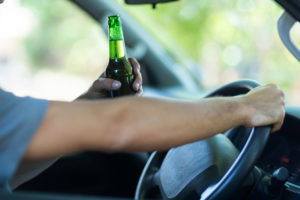 The Edward M. Janzekovich Law Blog has discussed several new laws being enacted in Canada and compared those laws to New Jersey’s statutes on intoxicated driving. Canada’s new laws against driving impairment are already be called amongst the toughest in the world, and many would say they are even harsher than New Jersey’s already strict laws that aim to penalize and/or prevent drunk driving.
The Edward M. Janzekovich Law Blog has discussed several new laws being enacted in Canada and compared those laws to New Jersey’s statutes on intoxicated driving. Canada’s new laws against driving impairment are already be called amongst the toughest in the world, and many would say they are even harsher than New Jersey’s already strict laws that aim to penalize and/or prevent drunk driving.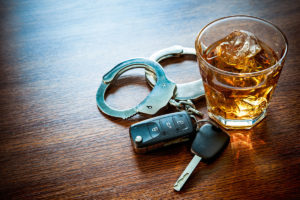 When anyone is charged with a DUI/DWI offense, the potential consequences can be both terrifying and overwhelming. This is especially true for those who are not US citizens. In considering the current political climate, issues that affect legal and illegal immigrants have been consistently highlighted in the media – it’s hard to go a day without seeing issues like Deferred Action for Childhood Arrivals (DACA) and DREAMers appear in the news. Recent events have even shown that drunk driving could result in additional consequences for certain non-citizens, because convictions can sometimes lead to Immigrations and Customs Enforcement (ICE) starting a deportation proceeding.
When anyone is charged with a DUI/DWI offense, the potential consequences can be both terrifying and overwhelming. This is especially true for those who are not US citizens. In considering the current political climate, issues that affect legal and illegal immigrants have been consistently highlighted in the media – it’s hard to go a day without seeing issues like Deferred Action for Childhood Arrivals (DACA) and DREAMers appear in the news. Recent events have even shown that drunk driving could result in additional consequences for certain non-citizens, because convictions can sometimes lead to Immigrations and Customs Enforcement (ICE) starting a deportation proceeding.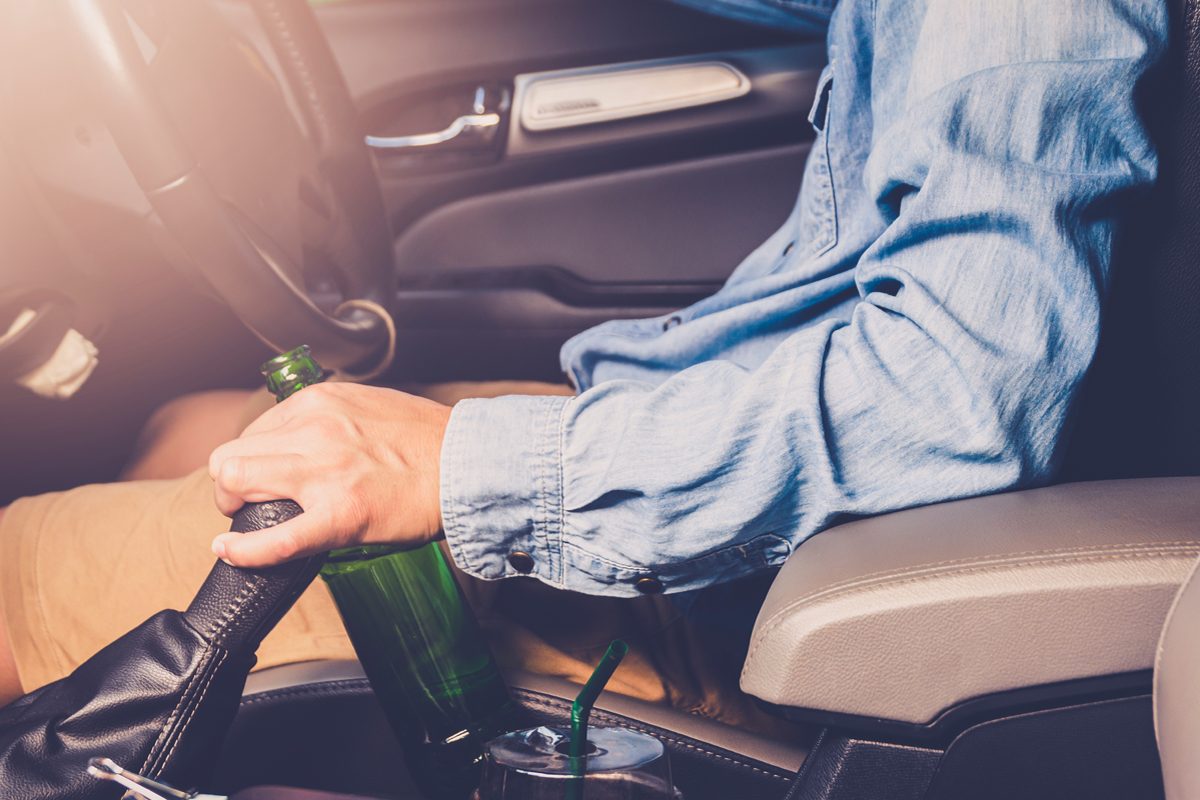 When people think of getting a DUI or DWI, they usually picture a
When people think of getting a DUI or DWI, they usually picture a  A New Jersey case demonstrated why it is so important to get a good DUI/DWI defense attorney if you or someone you know is ever charged with
A New Jersey case demonstrated why it is so important to get a good DUI/DWI defense attorney if you or someone you know is ever charged with 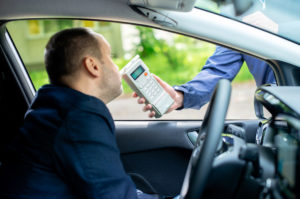 Regular readers of the Edward M. Janzekovich law blog are likely aware that breathalyzer results are routinely called into question. There have been numerous high-profile instances in the past few years demonstrating that the results of alcohol breath tests can be unreliable. In fact, courts across the nation have regularly thrown out evidence used by police officers and prosecutors that would have otherwise resulted in
Regular readers of the Edward M. Janzekovich law blog are likely aware that breathalyzer results are routinely called into question. There have been numerous high-profile instances in the past few years demonstrating that the results of alcohol breath tests can be unreliable. In fact, courts across the nation have regularly thrown out evidence used by police officers and prosecutors that would have otherwise resulted in 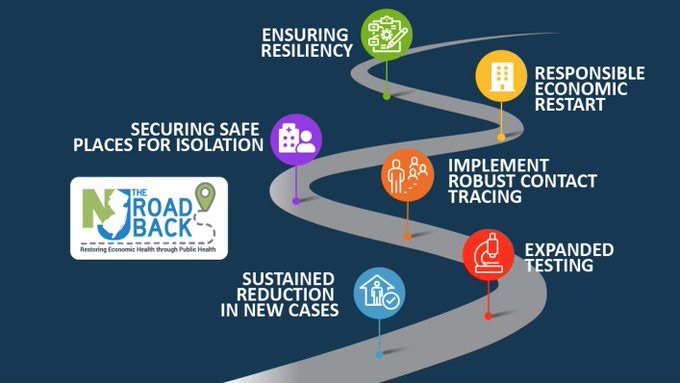
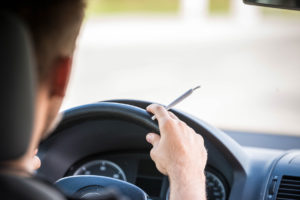 The law prohibits driving while intoxicated as the result of any substance, including legal, illegal, over the counter and prescription drugs. For that reason, when it comes to DUI and DWI, driving under the influence of marijuana carries the same consequences and penalties as drunk driving and driving under the
The law prohibits driving while intoxicated as the result of any substance, including legal, illegal, over the counter and prescription drugs. For that reason, when it comes to DUI and DWI, driving under the influence of marijuana carries the same consequences and penalties as drunk driving and driving under the  As reported here on the Edward M. Janzekovich law
As reported here on the Edward M. Janzekovich law